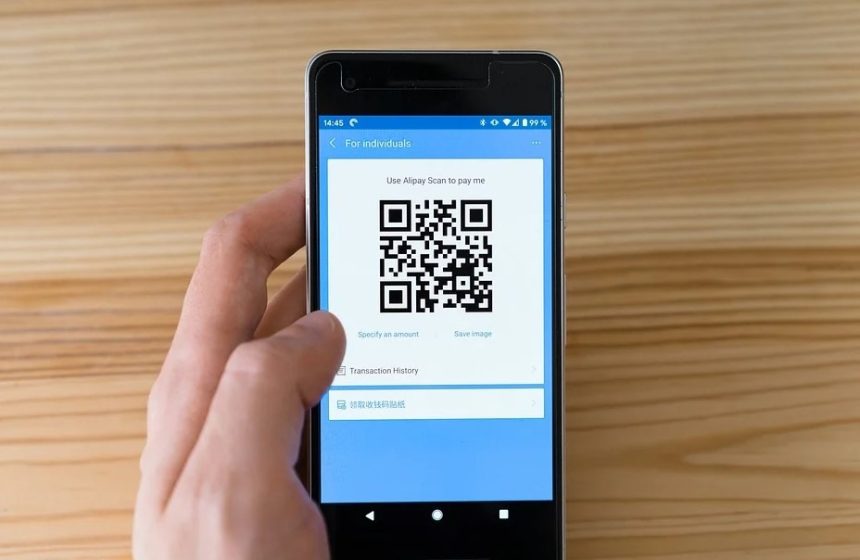With the digital transformation leading the marketplace in the last few years, every business, small or big, is attempting to mark its presence online. Today, one can safely assume that sales are directly linked to the online accessibility of the business. Generally, businesses use an online payment gateway to accept digital payments. An online store that invests in its customer experience and payment collection system is sure to grow more than one that doesn’t.
While payment gateways are fantastic to digitize the payment collection process, it requires a website or app in which the gateway is to be integrated. This makes payment gateways unaffordable and redundant for small businesses that lack a website. The number of small businesses in India is staggeringly high at 42.50 million. This means that small businesses cannot afford to miss reaping the benefits of collecting online payments. Fortunately, they can use an alternative called a payment link to collect online payments – without having a website!
What is a payment link?
A payment link is an online payment collection system that facilitates payment transfer from the customer to the merchant. It is in the form of a URL or a link, which gets redirected to a gateway. This URL/link can be shared with the customer over an email, WhatsApp, SMS, or any instant messaging service without the merchant needing a website. The system then validates the information and requests the issuing bank to process the payment.
Benefits of using a payment link
- Works Without a Website
The URL can be shared with the customer over an email, instant messaging, or regular SMS. This is a payment link’s most significant advantage over an online payment gateway. The merchant doesn’t have to go through creating a website and integrating the gateway into it. Upon registering with a convenient payment link service, like Zaakpay, the merchant can access the dashboard. Payment links can then be generated from this dashboard. This easy set-up process is the perfect online payment solution for small businesses.
- Easier For the Customer
Many customers think that businesses with a website also don’t have a streamlined payment system. This discourages them from purchasing from such businesses. With payment links, customers can easily make payments without having to create a profile on the website. All the customer has to do is simply click on the URL and choose their desired payment option. They neither have to get the personal details of the merchant nor do they need to discuss and find out a common payment mode.
- Multiple Payment Options
Digital payments are convenient because they can be initiated using any of the multiple ways. One can make payments using credit cards, debit cards, UPI, net banking, or mobile wallets. Payment links enable the merchant to accept payments via multiple modes without registering for all of them. For example, a merchant can accept payments via UPI using a Zaakpay payment link without having a UPI ID for themselves. The payment is collected by the gateway through UPI and deposited into the merchant account.
- Security
Businesses that do not have a website and accept payments directly into some accounts can appear shady. A vast customer base might not even be comfortable making a transaction directly into some account. Payment links solve this issue. The payment information that the customer enters in the gateway is encrypted and transmitted securely.
A PCI DSS compliant link protects against any possible cyber-attack. This also increases the safety of the merchant because they no longer need to share personal details with anyone. To make payments, the customer doesn’t need the merchant’s payment information anymore.
- Dashboard
Not having a website means tracking the customers is also going to be difficult. Payment link services provide the merchant with a dashboard. The status of all transactions can be directly traced from this dashboard.
Also see: Best Free Keyword Research Tools for SEO to Consider
Who can use a payment link?
Payment links are pretty handy to use because they do not need any website integration. They are best for:
- Freelancers
Freelancers need to accept payments from several clients regularly. They also have to share the payment information like bank details or UPI details with the client to make the payment. Since each client prefers a specific payment mode, it becomes impossible for freelancers to sign up on every payment platform in the world.
This entire task can turn into a hassle quickly and become difficult to manage. Using a payment link can streamline the payment collection process for freelancers by eliminating the need to maintain multiple modes. Moreover, they won’t have to share their personal payment information with any client.
- B2B Businesses
B2B businesses often have to collect bulk payments from vendors or clients. By using payment links, they can easily manage such volumes of payments. The facility to create bulk payment links and mail them automatically and the invoice come pretty handy for B2B businesses. It also makes the process efficient with easy real-time payment tracking directly from the dashboard.
- Small Businesses
A smooth and seamless online payment solution is pivotal to more sales for any business. Small businesses that do not accept online payments or accept directly in some accounts can lose out on a significant number of sales. Not having a website becomes their major drawback for not being able to integrate a gateway. Using payment links can easily bridge the gap to a great extent and accept payments without even having a website.
Conclusion
Digital payments have become indispensable and the need of the hour. Businesses should not wait any longer to integrate an online payment gateway into their process in the digital era. If they don’t have a website, they should immediately sign up for a payment link service to provide a similar experience to their customers.














